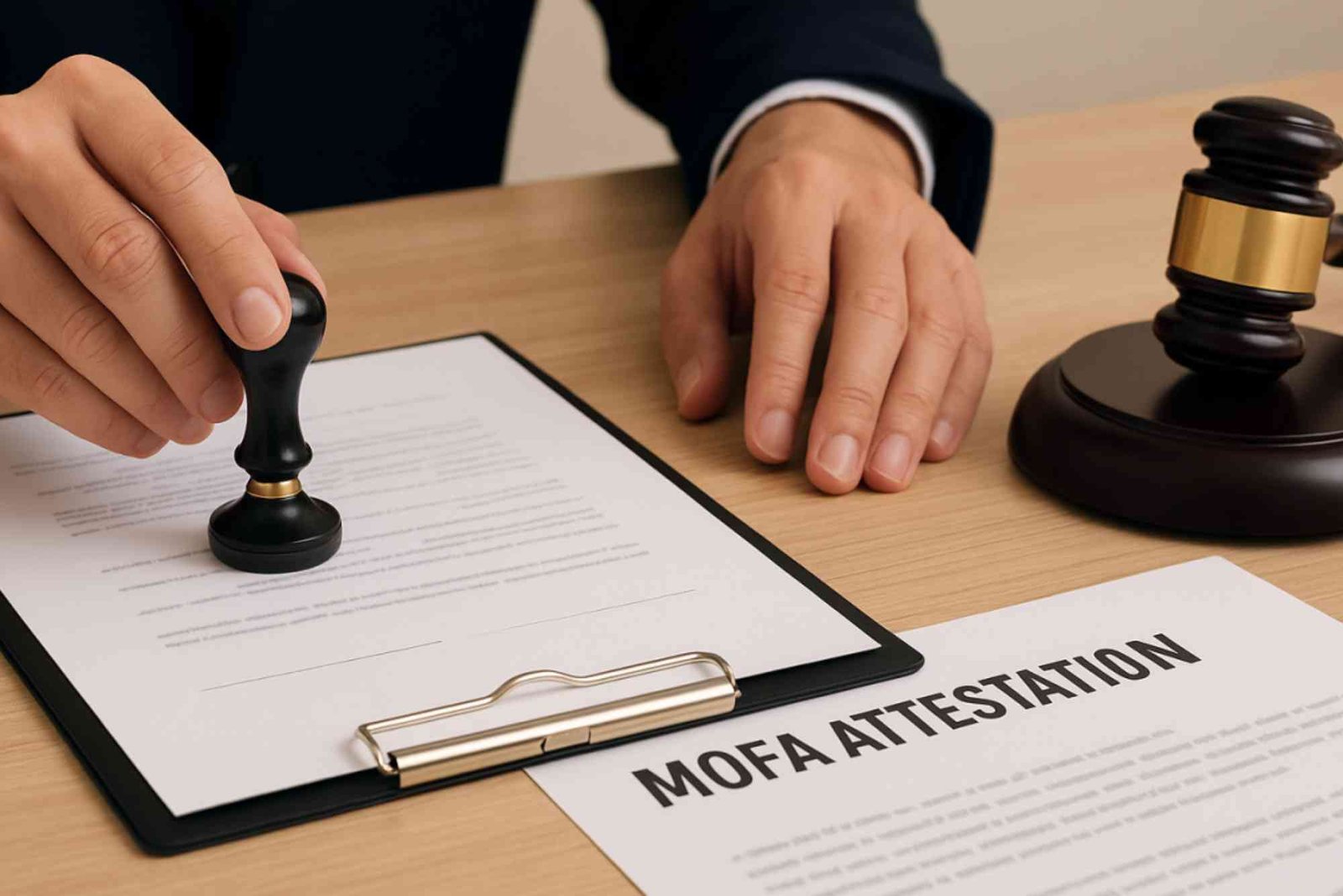What is Foreclosure?
Foreclosure is a legal process in which a lender attempts to recover the balance of a loan from a borrower who has stopped making payments. When homeowners default on their mortgage, the lender can take possession of the property and sell it to recover the outstanding debt.
Causes of Foreclosure
Foreclosures often result from financial hardship, such as job loss, medical emergencies, or rising mortgage payments. Failure to make timely mortgage payments can eventually lead to foreclosure.
Stages of Foreclosure
- Pre-Foreclosure: The homeowner is behind on payments, but the property hasn’t yet been taken by the lender.
- Auction: If the homeowner can’t resolve the debt, the property is auctioned off to the highest bidder.
- Real Estate Owned (REO) Properties: If the property doesn’t sell at auction, the lender takes ownership, and the home becomes an REO property.
How to Buy a Foreclosed Home
Buying a foreclosed home can offer significant financial benefits, but it’s essential to understand the process before diving in.
Understanding Foreclosure Auctions
Foreclosed homes are often sold at auction, which can be a fast-paced and competitive environment. Potential buyers must come prepared with financing, a clear understanding of property conditions, and the willingness to take risks.
Pros and Cons of Buying Foreclosures
- Pros: Foreclosed homes often sell below market value, making them attractive to buyers looking for a good deal.
- Cons: They may require significant repairs or have hidden costs, such as unpaid taxes or liens.
Steps to Purchase a Foreclosed Home

Financing: Secure your financing ahead of time, as most auctions require immediate payment or a substantial deposit.
Inspection: Foreclosed homes are often sold “as-is,” so it’s crucial to inspect the property for damage or necessary repairs.
Making an Offer: If buying outside an auction, negotiate with the lender or seller to finalize the sale.
Risks to Consider
Foreclosed homes may come with legal issues, unpaid taxes, or require extensive repairs, so due diligence is critical before purchasing.
Foreclosure Prevention and Assistance
Homeowners facing financial difficulties can take steps to avoid foreclosure.
Avoiding Foreclosure
One of the best ways to avoid foreclosure is by contacting your lender as soon as financial difficulties arise. Lenders may offer temporary relief options, such as forbearance or loan modifications.
Loan Modification
A loan modification involves changing the terms of your mortgage to make payments more manageable. This might include extending the loan term, lowering the interest rate, or reducing the principal.
Government Programs
Several government programs, such as the Home Affordable Modification Program (HAMP) and assistance from the Federal Housing Administration (FHA), offer financial help to homeowners facing foreclosure.
Types of Foreclosed Properties
There are different types of foreclosed properties, each with unique characteristics.
REO Properties
Real Estate Owned (REO) properties are homes that have gone through the foreclosure process and are now owned by the lender. These homes are often listed with real estate agents and are generally sold “as-is.”
HUD Homes
These are properties owned by the U.S. Department of Housing and Urban Development (HUD) after foreclosure on an FHA-insured loan. HUD homes are sold at a discount to low- and moderate-income buyers.
Short Sales vs. Foreclosures
In a short sale, the homeowner sells the home for less than the amount owed on the mortgage, with the lender’s approval. This is often used to avoid foreclosure.
Tax Foreclosures
If a property owner fails to pay property taxes, the government may seize and sell the home in a tax foreclosure.
Investing in Foreclosed Homes
Foreclosures can be a great investment opportunity, but they also carry risks.
Why Invest in Foreclosures?
Foreclosed homes are often priced below market value, providing an opportunity for investors to purchase properties and either resell them or rent them out for profit.
Tips for Real Estate Investors
- Research the Property: Know the history of the property, the condition, and any legal complications.
- Budget for Repairs: Most foreclosed homes need repairs, so factor in the cost of renovations.
- Understand Local Laws: Be familiar with local foreclosure laws to avoid unexpected legal issues.
Risks and Rewards
Investing in foreclosed homes can yield significant returns, but it also comes with risks such as costly repairs and legal complications.
State-Specific Foreclosure Laws
Foreclosure laws vary by state, making it important for buyers and homeowners to understand the rules in their area.
Judicial vs. Non-Judicial Foreclosures
- Judicial Foreclosure: The lender must go through the court system to foreclose on the property.
- Non-Judicial Foreclosure: The lender can foreclose without court involvement, following state laws.
FAQs About Foreclosed Homes
What is a foreclosed home?
A foreclosed home is a property taken back by the lender after the homeowner defaults on their mortgage.
Is buying a foreclosed home risky?
Yes, buying a foreclosed home can be risky due to potential repairs, unpaid taxes, and legal complications.
How can I avoid foreclosure?
Contact your lender early to explore options like loan modification, forbearance, or refinancing.
Can I inspect a foreclosed home before buying?
In some cases, yes, but many foreclosed homes are sold “as-is,” so inspections may not always be possible.
Are there programs to help homeowners facing foreclosure?
Yes, government programs like HAMP and FHA assistance can help homeowners avoid foreclosure.
Table: Comparison of Foreclosure Types
| Type of Foreclosure | Description | Benefits | Risks |
|---|---|---|---|
| Pre-Foreclosure | Property at risk of foreclosure | Homeowners may sell to avoid foreclosure | Buyers may have limited information on the home |
| Auction | Property sold to the highest bidder | Potential for a low purchase price | Must pay in cash or have financing ready |
| REO Properties | Owned by the lender after unsuccessful auction | Less competition than auction | Property sold “as-is,” may need repairs |
| Short Sale | Sold for less than the mortgage balance | Can buy at a discount before foreclosure | Requires lender approval, long process |
| Tax Foreclosure | Property seized due to unpaid taxes | May find good deals | Property may have significant liens or issues |
By understanding the foreclosure process and your options, you can make informed decisions, whether you’re looking to buy, invest, or avoid foreclosure altogether.










